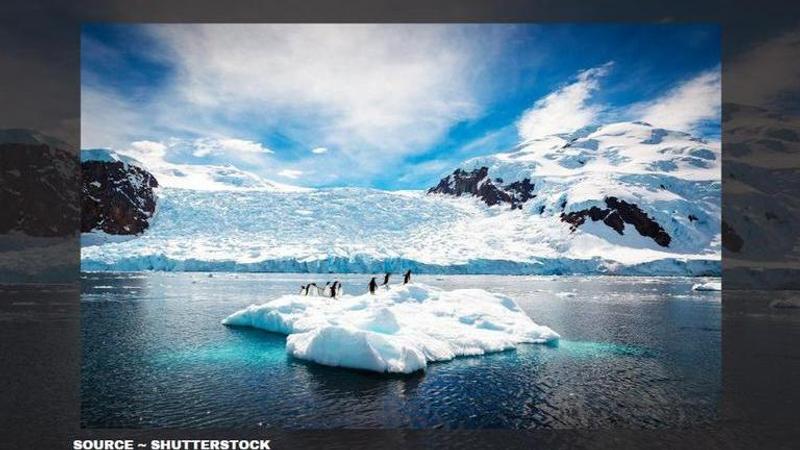Published 20:56 IST, August 17th 2020
Arctic ice will disappear during the Summers in 2035, says a new study
Arctic Ice is melting and the area is warming up faster than ever. Scientists believe that the ice will disappear during the Summers of the region in 15 years

Earth's placement in the Solar System has helped the third planet adorn life. There are numerous species including mammals, reptiles, birds, fish and amphibians that have created their own habitat in distinct corners of the planet. While each of them needs a serene environment to grow, the planet is becoming warmer and warmer as each day passes by. However, a recent study revealed that in just 15 years there would be no ice in the Arctic summer.
Arctic Ice might disappear in the Summer of 2035
Scientists estimate that in just 15 years, Arctic summer sea-ice could disappear for the first time since primitive humans left Africa. Maria-Vittoria Guarino, an Earth system modeller at the British Antarctic Survey and lead author of a study published earlier this month in the journal Nature Climate Change wrote that “the point is, this is happening soon. We will have less and less time to get ready for it, or less time to act upon it if we want to do something about it”.
This research not only predicts a shocking increase in the timeframe for the ice-free Arctic milestone but it also reveals that since 1979 there is a 13% per decade decrease in the amount of sea-ice floating atop the Arctic Ocean at summer’s end. This estimation was made after a brief study by Guarino and her colleagues based on past climate changes.
The pieces of evidence gathered by scientists over the years have assembled evidence about previous eras from chemical traces in ice, rocks, and sediment. The new Arctic study looks specifically at a period 130,000 years ago, called the Last Interglacial.
Nature Journal also revealed that the Last Interglacial period was 4° Celsius hotter than the pre-industrial era which directs towards the possible preview of conditions humans are creating for the future. As per the journal, Arctic warming is already on the average around 1°C which is more than twice as fast as the rest of the planet.
"It’s challenging to predict the first ice-free Arctic,” wrote Zachary Labe, a postdoctoral researcher in Atmospheric Sciences at Colorado State University. He also said that he is hesitant to focus on the year 2035 too much.
Peng and her colleagues warn that governments, organisations and people living in the Arctic need to prepare for coming changes in regional geopolitics, transportation, and food availability. She also hopes that once the pandemic has lifted she will travel to the still-frozen Arctic and find it the way we imagine it with our eyes closed. She wrote: “I want to do that soon because I don’t want the sea ice to be gone by the time I take the cruise”.
All images ~ Shutterstock
Updated 20:56 IST, August 17th 2020






